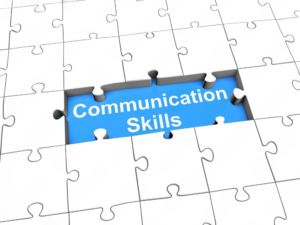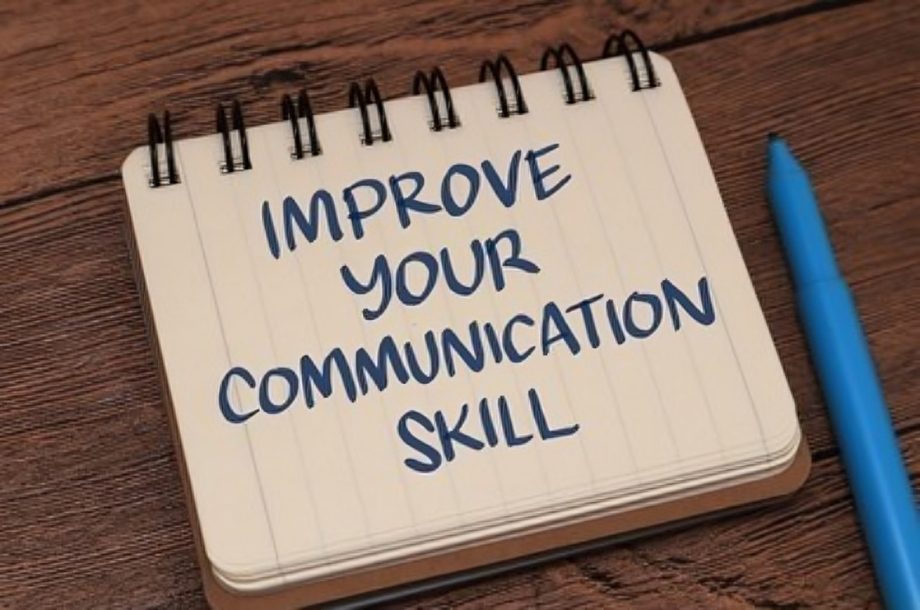Communication is a vital skill that influences almost every facet of our lives. Whether in personal relationships or workplace environments, the capacity to express thoughts, emotions, and ideas clearly and effectively is essential. By improving your communication skills, you improve your relationships and boost your confidence, leadership skills, and professional achievements.
Strong communication skills provide myriad benefits, from minimizing misunderstandings to fostering trust and encouraging collaboration. In today’s interconnected society, where face-to-face and digital communications hold significant importance, mastering these abilities has become increasingly crucial. This article will explore ten practical strategies to enhance communication skills and help you communicate more effectively.
The Importance of Communication Skills in Modern Society
Robust communication skills are fundamental to achieving success in both personal and professional realms. In daily interactions, articulating thoughts clearly and listening attentively can promote better relationships, mitigate conflicts, and deepen mutual understanding. Effective communication can enhance teamwork, clarify project goals, and even facilitate career growth in a work environment.
For instance, in professional settings, miscommunication can lead to mistakes, lowered productivity, and damaged relationships among coworkers. Such issues can result in missed deadlines, financial setbacks, and a drop in team morale. Conversely, clear communication nurtures a positive workplace atmosphere, fosters teamwork, and can highlight individuals as potential leaders within their organizations.
Leadership is closely linked to communication. An Effective leader must articulate their vision, offer clear instructions, and motivate their team. Likewise, strong communication is critical in team settings, where collaboration and idea-sharing are key to achieving shared objectives. By refining communication skills, individuals can enhance their leadership abilities and contribute positively to any team environment.

10 Strategies for Improving Communication Skills
1. Active Listening
Active listening is a core communication skill that entails fully focusing on, understanding, responding to, and retaining what is said. It goes beyond merely hearing words; it necessitates presence, eye contact, and recognizing the speaker’s message through gestures or verbal affirmations like “I understand” or “That resonates.”
To cultivate active listening, minimize distractions during conversations. Set aside your phone, refrain from interrupting, and concentrate on the speaker’s verbal and non-verbal cues. This demonstrates respect and genuine interest, facilitating open and meaningful exchanges.
2. Clarity and Brevity
Clear and concise communication is vital for avoiding misunderstandings and ensuring your message is easily grasped. This involves expressing your thoughts plainly, without confusing jargon or overly complex language. A useful tactic is to organize your thoughts beforehand to maintain structure and clarity.
For instance, rather than saying, “We should consider the potential need for new procedures,” you might say, “Let’s establish a new procedure.” This straightforward style allows the listener to quickly understand and respond appropriately to the message.
3. Conscious Body Language
Non-verbal communication elements—such as gestures, facial expressions, and posture—are crucial. Positive body language can reinforce your message and establish trust, whereas negative cues like crossed arms or lack of eye contact can create obstacles.
To enhance your body language, adopt an open posture, use hand gestures to underscore points, and maintain eye contact to convey engagement. Being conscious of your non-verbal signals can significantly improve the effectiveness of your interaction.
4. Emotional Intelligence (EQ)
Emotional intelligence involves recognizing and managing your own emotions and those of others. This skill is vital for effective communication, as it allows you to navigate social nuances, handle stress, and empathize with differing perspectives.
For example, if a coworker appears visibly upset, possessing a high EQ could prompt you to acknowledge their feelings before engaging in a conversation. Saying something like, “I see you’re feeling frustrated—would you like to discuss it?” demonstrates empathy and can lead to a more constructive dialogue.
5. Requesting Feedback
Feedback serves as a valuable asset for personal and professional development. It offers insights into how your communication style is perceived and identifies areas for improvement. Seeking feedback, however, requires openness to constructive criticism.
To solicit meaningful feedback, pose specific inquiries like, “Did my explanation make sense to you?” or “How could I have improved that exchange?” Leveraging this feedback can help you refine your communication abilities and build stronger connections.
6. Tuning Your Tone
Your vocal tone plays a crucial role in how your message is received. A flat delivery can render even exciting information dull, while a harsh tone may seem aggressive. Modulating your tone according to context and audience is essential to enhancing your message.
For instance, using a soft, supportive tone is ideal for giving feedback, whereas a confident, assertive tone works better for presentations or meetings. Practising vocal variety—altering your pitch, pace, and volume—can make your speaking more engaging and persuasive.
7. Expanding Your Vocabulary
A rich vocabulary allows for precise expression and the ability to select the most appropriate terms for a situation. This can augment your credibility and increase the impact of your communication.
To broaden your vocabulary, commit to learning new words daily, read extensively, and incorporate new terms into conversation naturally. However, be careful to employ these new words in a way that fits seamlessly into your communication style.
8. Practicing Public Speaking
Public speaking is a powerful means of building confidence and honing presentation skills. Whether addressing a large crowd or a small group, the ability to communicate your message clearly and engagingly is invaluable.
To improve your public speaking, practice regularly by joining groups like Toastmasters, recording your presentations, or presenting to friends or coworkers. Focus on clarity, effective gestures, and engaging your audience through eye contact and interactive questions.
9. Maintaining Open-Mindedness
Respecting differing viewpoints is essential for productive communication. Being open-minded entails listening without judgment and considering alternative perspectives before responding.
During discussions, practice active listening, seek clarification, and avoid interruptions. Using phrases like “I see your viewpoint” or “That’s an interesting take” conveys respect and fosters a more constructive and respectful dialogue.
10. Commitment to Ongoing Improvement
Communication is a skill that can always be enhanced. Continuously looking for growth opportunities—whether through books, online courses, workshops, or feedback—will help you keep your skills sharp and applicable.
Resources such as Dale Carnegie’s “How to Win Friends and Influence People,” online courses on platforms like Coursera, and TED Talks provide invaluable insights and strategies to further develop your communication skills.
How Technology Can Improve Communication Skills
Technology offers various tools to improve communication skills. Video conferencing platforms such as Zoom or Microsoft Teams enable real-time practice of speaking and listening skills in digital spaces. Language applications like Duolingo assist users in expanding their vocabulary and fluency, which is advantageous for interacting with diverse audiences.
Online courses from providers like Coursera or LinkedIn Learning deliver structured learning pathways to enhance multiple facets of communication, from public speaking to effective business discourse. These resources offer flexibility, allowing users to learn at their own pace.
For those aiming to refine their public speaking, applications like Orai or Toastmasters’ Pathways offer guided practice sessions and feedback to boost clarity, confidence, and delivery.
Frequent Mistakes to Avoid in Communication Skill Improvement
Enhancing communication skills can be tough, particularly when certain habits hinder effective interactions. Common errors include interrupting others, over-explaining, and neglecting active listening. Interrupting can cause the speaker to feel unappreciated, while excessive detail may lead to confusion and disinterest.
To sidestep these pitfalls, cultivate patience and self-awareness. Pause before replying to ensure the speaker has completed their thought. Simplify your message by honing in on key points and asking follow-up questions for clarity. By being mindful of these errors, you can prevent common communication issues and build more meaningful dialogues.
Conclusion
Effective communication skills are paramount for success across all life areas. By concentrating on these ten techniques—from active listening and concise expression to ongoing learning—you can significantly improve your capability to communicate well. Remember, communication is a skill that can continually be enhanced, so remain committed to practising, seek feedback, and embrace new learning experiences.”

